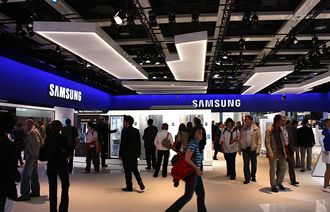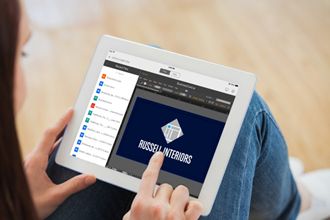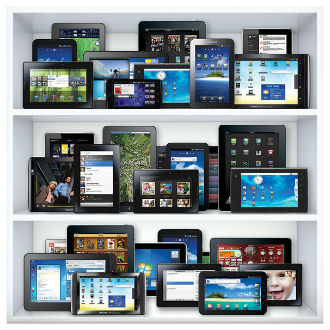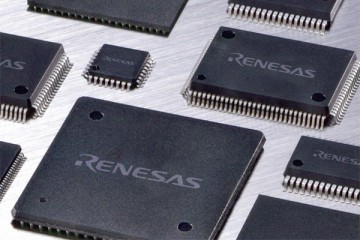 Samsung has just confirmed what many in the industry had thought – that there is nothing you can do to a smartphone which will make it much different.
Samsung has just confirmed what many in the industry had thought – that there is nothing you can do to a smartphone which will make it much different.
Samsung unveiled new versions of its Galaxy Note smartphone to a loud sounding yawn from tech journalists.
To be fair there is nothing wrong with the phone, at least not this time. The new Galaxy Note 4 features a crisper, 5.7-inch display in a metal frame and accessories designed to attract gamers and an improved pen stylus and related software as a handwriting alternative to typing on a keyboard. It boasts easier to use multi-tasking features that take advantage of its large screen.
But really there is not much more you can do with a smartphone which has not already been done or would cost too much to be bothered with.
Samsung is pinning a lot on the Note, which came under a lot of mockery from Apple fanboys because of its size. Apple later realised that the large scale phone was popular and copied it in the designs for its iPhone 6.
However now the idea of a large smartphone has no novelty and users need something a bit more interesting to engage them.
Mobile phone analysts said that, while packed full of hundreds of features and many of the latest hardware specs, there is little in the Note 4 to excite new users.
Forrester told Reuters that all the phones could manage were incremental changes. Analyst Thomas Husson said Samsung needs to distinguish its devices from dozens of cheaper rivals and it could not manage it.
Samsung lost control of the Chinese market to Xiaomi during the April-June quarter. It continued to lose market share in other emerging markets, analysts say, undercut in part by rivals producing increasingly attractive products at much lower prices in the lower end of the market.
The company experience some major headaches with the Galaxy S5 which did not make the impact onto the market that users hoped.
The Korean electronics giant says it will get more aggressive on pricing and focus on a narrower set of products for its mid-to-low tier products.
 An app that lets you connect Android tablets and Apple iPads to business applications and networks is being introduced by Citrix.
An app that lets you connect Android tablets and Apple iPads to business applications and networks is being introduced by Citrix.


















